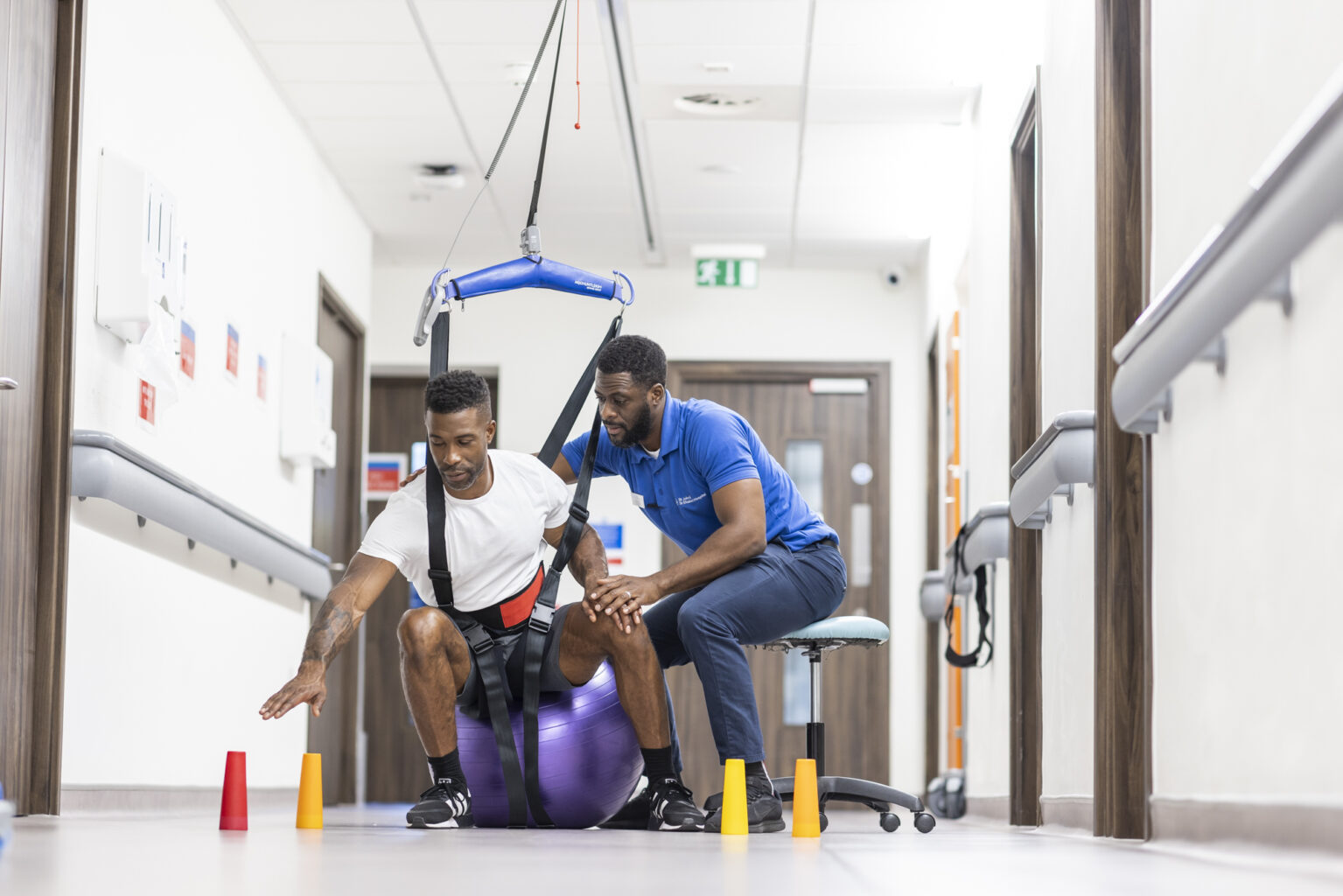What's available at our Stroke Rehab Clinic
Our London Stroke Rehab Centre is designed to give you peace of mind and round-the-clock care following a stroke so that you can focus on getting better. The Stroke Rehab Clinic at St John & St Elizabeth Hospital is one of the UK’s best-equipped private centres for stroke rehabilitation.
If you don’t see a required treatment below, get in touch for more information.

